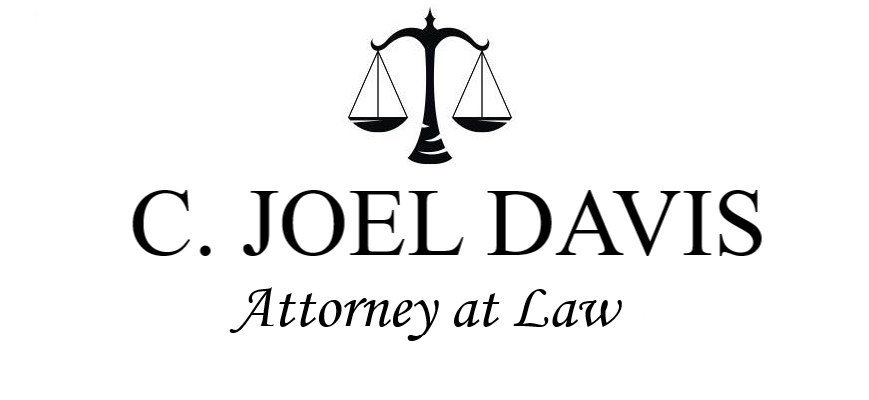The United States Supreme Court’s 2005 decision in Roper v. Simmons ruled that the death penalty for minors violated the Eight Amendment’s protections against cruel and unusual punishment. And, although not completely barred, the Court has also placed severe limitations on a sentencing court’s ability to impose a sentence of life without the possibility of parole (LWOP) on juvenile offenders. In essence, before a juvenile LWOP sentence may be imposed, the sentencing court must conduct a hearing to determine if that person is one of the “exceptionally rare” juveniles for whom such a sentence is appropriate because of a specific determination that they are “irreparably corrupt” or “permanently incorrigible.” (Miller v. Alabama, 567 U.S. 460 (2012) and Montgomery v. Louisiana, 193 LE2d 599 (2016)). Miller and Montgomery require that those findings be made on the record and, in essence, serve as a protective barrier against LWOP sentences for juveniles except in the most extreme and unusual circumstances.
But what about circumstances where a juvenile is not technically sentenced to life without parole but, instead, is sentenced in such a way that effectively acts as a LWOP sentence? Do Miller’s protections still apply?
The Supreme Court of Georgia, in Veal v. State S17A1758 (2018), recently ruled that Miller’s protections do not extend beyond the explicit confines of a LWOP sentence. In Veal, a juvenile was sentenced to “eight consecutive life sentences plus sixty years.” The defendant appealed, arguing that, due to his age and the first legally possible opportunity at parole, the sentence was unconstitutional “because it amounts to a de facto LWOP sentence . . . without any determination of the factors set forth in [Miller and Montgomery] which a court is required to find before imposing an LWOP sentence on a convicted defendant who was younger than 18 at the time of the crime.”
The Court disagreed. Noting that
neither Miller nor Montgomery addressed the imposition of aggregate life-with-parole sentences for multiple convictions or whether sentences other than LWOP require a specific determination that the sentence is appropriate given the offender’s youth and its attendant characteristics, and the nature of the crimes.
The court declined to extend the Supreme Court’s Eighth Amendment jurisprudence to non-LWOP sentences, even when they logically amount to a sentence of life without parole. Even though the juvenile in Veal was guaranteed a life sentence and the possibility of parole did not exist until after his reasonable life expectancy, the sentence did not violate the Constitution because it did not explicitly exclude parole on its face.
After Veal, it appears that sentencing courts can sidestep Miller and the United States Constitution’s protections by engaging in a bit of legal gamesmanship. The decision allows judges to impose sentences that prohibit any reasonable or practical possibility of parole as long as the sentence doesn’t specifically preclude parole by its terms. To be sure, the situations where Veal come into play are thankfully rare but hopefully the Georgia Supreme Court will correct the legal loophole the decision creates and extend the Eighth Amendments protections to its logical conclusion.
To read the full Veal opinion, click here.
